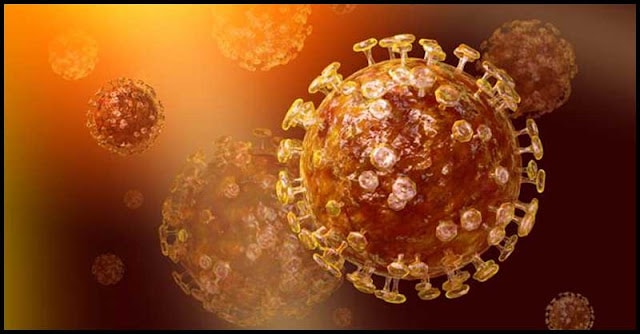Coronaviruses are a family of viruses that cause illness ranging from the common cold to more severe diseases such as SARS and the Middle East respiratory syndrome (MERS), according to the World Health Organization. These viruses were originally transmitted between animals and people.
The name coronavirus comes from the Latin word corona, meaning crown or halo. Its image is reminiscent of a solar corona when under an electron microscope.
A novel coronavirus, identified by Chinese authorities on January 7 and named 2019-nCoV, is a new strain that had not been previously identified in humans. Commons signs of this infection include fever, cough, shortness of breath and breathing difficulties. However, in more severe cases, it may cause kidney failure, pneumonia, severe acute respiratory syndrome, and even death. Take note that after exposure, these symptoms may appear in as few as 2 days, or as long as 14 days.
How Can We Protect Ourselves Against Corona Virus?
Currently, there is no vaccine to prevent 2019-nCoV infection. The best way to do this is to avoid exposure to this virus.
Dr. Eric Cioe-Pena, director of global health for Northwell Health and The Zucker School of Medicine at Hofstra/Northwell in New York, says:
“The best protection is hand washing and being mindful of contact with a person’s face. The most common way viruses like these are spread is from droplets, or little particles of viruses, that land on a surface that another person touches and then spreads, usually by touching their face or eating.”
According to the Centers for Disease Control and Prevention (CDC), the leading national public health institute of the United States, there are things we can do to lower our risk of having the disease. The CDC recommends:
- Washing our hands often for at least 20 seconds with soap and water. But in the absence of water and soap, alcohol-based sanitizer (60% alcohol) can do the work but not a legitimate preventive measure to stop viruses. These sanitizers will only reduce the number of microbes on hands in some situations but do not eliminate all types of germs.
- Covering our mouth when coughing or sneezing with a tissue and throwing the tissue in the trash. We can also sneeze or cough into the crook of our elbows but make sure to clean the skin right away if we get a spit on it.
- Avoid close contact with people who are sick, especially people exhibiting respiratory symptoms and fever.
- Drinking plenty of fluids and staying at home when we are sick.
- Avoid touching our mouth, eyes, and nose with unwashed hands.
- Cleaning and disinfecting frequently touched objects and surfaces such as countertops and doorknobs.
- For travelers, they should practice basic hygiene that can help keep them from getting sick while traveling on planes or other public transportations.









